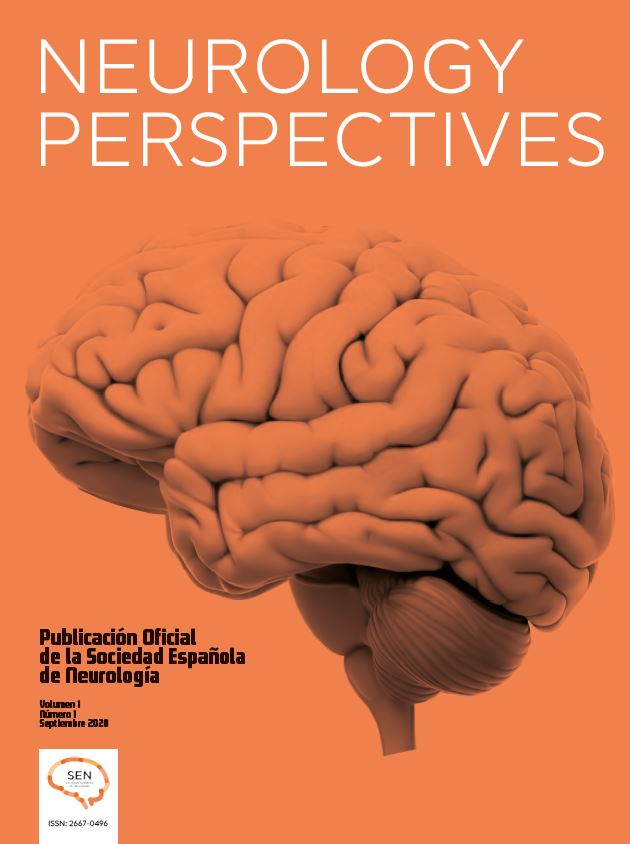We recently read with great interest the article “Impact of the COVID-19 pandemic on the training of Spanish neurology residents” by Cerdán-Santacruz et al.,1 who report interesting results and conclusions. The study concluded that of 152 survey respondents, 1 in every 5 residents had presented COVID-19. This situation had a significant emotional impact, with high prevalence of anxiety, stress, depression, and particularly insomnia, due to increased exposure to the virus as a result of the lack of personal protective equipment and of adequate training on its use.
We may extrapolate this situation to the Peruvian context, where an alarmingly high rate of mental health problems has been observed in pre-graduate students at the School of Medicine at Universidad Nacional Mayor de San Marcos, even before the outbreak of the pandemic. Also, a considerable number of students have pre-existing mental health problems when they start university, in whose case the academic environment may be an exacerbating factor: as they progress through their studies, these conditions become more frequent, and statistically significant differences have been reported in rates of depression, anxiety, and alcohol-related problems.2 This situation has also been observed in other coastal, mountain, and rainforest areas of Peru.3
In the case of medical students, who present an inherent risk factor due to the highly demanding nature of medical training, the psychological impact of the pandemic has been even greater. A Mexican article reported high rates of depression and anxiety, which increased as students began their practical training.4 Therefore, studying medicine seems to be a risk factor for poor overall health. Furthermore, professional assistance is often needed, since the high level of competition encouraged in medical studies, as well as academic stress, sleep deprivation, and the feeling of being incapable or inadequate, may lead to physical, emotional, or cognitive exhaustion; anxiety; or even burnout syndrome, which is known to affect many students and presents a progressive course.5–7
We therefore recommend that every academic institution assess the impact of the pandemic on their students, as it may affect their performance in the future. We hope that many institutions will not only measure this impact, but also create mental health rehabilitation programmes for their students.
Conflict of interestThe authors have no conflicts of interest to declare.





